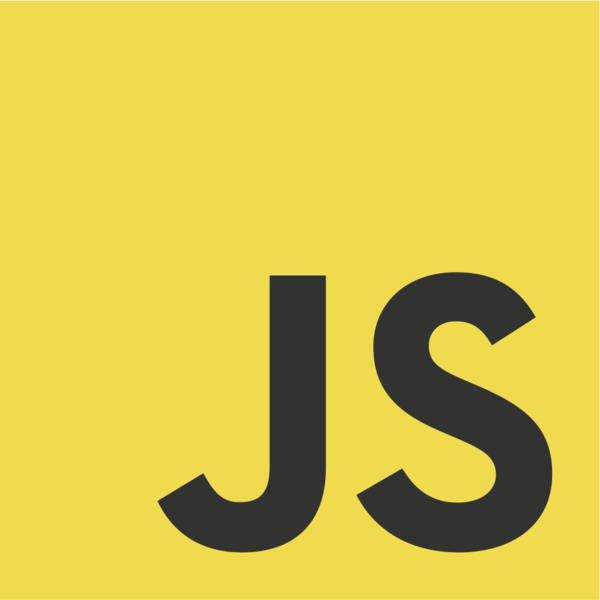Scrape Text From Website Using Selenium
import os
import datetime
import csv
from flask import Flask, request, render_template, send_file
from bs4 import BeautifulSoup
import requests
import tempfile
app = Flask(__name__)
@app.route("/", methods=["GET", "POST"])
def root_route():
if request.method == "POST":
url = request.form["url"]
try:
response = requests.get(url)
soup = BeautifulSoup(response.text, 'html.parser')
texts = soup.stripped_strings
scraped_text = " ".join(texts)
date_scraped = datetime.datetime.now().strftime("%Y-%m-%d %H:%M:%S")
data = [{"Source URL": url, "Scraped Text": scraped_text, "Date Scraped": date_scraped}]
# Generate CSV content
csv_content = "Source URL,Scraped Text,Date Scraped\\n"
csv_content += f"\"{url}\",\"{scraped_text}\",\"{date_scraped}\"\\n"Frequently Asked Questions
What are some potential business applications for this Scrape Text From Website template?
The Scrape Text From Website template has numerous business applications: - Market research: Gather competitor information from their websites - Lead generation: Extract contact details from business directories - Content aggregation: Collect articles or product information for news feeds or price comparison sites - SEO analysis: Scrape meta descriptions and titles from multiple pages - Social media monitoring: Extract posts or comments from social platforms for sentiment analysis
How can this template be customized for specific industry needs?
The Scrape Text From Website template can be tailored for various industries: - E-commerce: Modify it to scrape product details, prices, and reviews - Real estate: Adapt it to collect property listings, prices, and amenities - Finance: Customize it to gather stock prices, financial news, or economic indicators - Healthcare: Adjust it to collect medical research papers or clinical trial information - Education: Modify it to aggregate course information from multiple universities
What are the ethical and legal considerations when using this web scraping tool?
When using the Scrape Text From Website template, consider: - Respect robots.txt files and website terms of service - Avoid overloading servers with too many requests - Be mindful of copyright laws when scraping and using content - Ensure compliance with data protection regulations (e.g., GDPR) when handling personal data - Obtain permission when necessary, especially for commercial use of scraped data
How can I modify the template to scrape specific HTML elements instead of all text?
To scrape specific HTML elements, you can modify the scraping logic in main.py. Here's an example of how to scrape all paragraph elements:
```python from bs4 import BeautifulSoup import requests
@app.route("/", methods=["GET", "POST"]) def root_route(): if request.method == "POST": url = request.form['url'] response = requests.get(url) soup = BeautifulSoup(response.text, 'html.parser') paragraphs = soup.find_all('p') scraped_text = ' '.join([p.text for p in paragraphs]) # Rest of the code remains the same ```
This modification will make the Scrape Text From Website template focus on extracting only the content within <p> tags.
Can the template be extended to handle multiple URLs at once?
Yes, the Scrape Text From Website template can be extended to handle multiple URLs. Here's how you can modify the template.html and main.py files:
In template.html, change the input field to accept multiple URLs:
```html
```
In main.py, modify the route to handle multiple URLs:
python
@app.route("/", methods=["GET", "POST"])
def root_route():
if request.method == "POST":
urls = request.form['urls'].split('\n')
data = []
for url in urls:
url = url.strip()
if url:
response = requests.get(url)
soup = BeautifulSoup(response.text, 'html.parser')
scraped_text = soup.get_text()
data.append({
"Source URL": url,
"Scraped Text": scraped_text[:500], # Limit to 500 characters
"Date Scraped": datetime.datetime.now().strftime("%Y-%m-%d %H:%M:%S")
})
# Rest of the code remains the same
These changes will allow the Scrape Text From Website template to process multiple URLs simultaneously, enhancing its functionality for bulk scraping tasks.
Created: | Last Updated:
Introduction to the Web Scraper Pro Template
Welcome to the Web Scraper Pro template guide. This template allows you to create a web application that can scrape text from any webpage. Users can input a URL, and the app will display the scraped text in a formatted table along with the source URL and the date scraped. Additionally, users have the option to download this data as a CSV file. This guide will walk you through the steps to set up and use this template on the Lazy platform.
Getting Started with the Template
To begin using the Web Scraper Pro template, simply click on "Start with this Template" on the Lazy platform. This will pre-populate the code in the Lazy Builder interface, so you won't need to copy or paste any code manually.
Test: Deploying the App
Once you have started with the template, the next step is to deploy the app. Press the "Test" button on the Lazy platform. This will initiate the deployment process and launch the Lazy CLI. The app will be deployed on the Lazy platform, and you won't need to worry about installing libraries or setting up your environment.
Entering Input: Providing the URL
After pressing the "Test" button, if the app requires user input, the Lazy App's CLI interface will appear. You will be prompted to provide the URL of the webpage you want to scrape. Enter the URL when prompted to proceed with the scraping process.
Using the App: Interacting with the Web Interface
Once the app is running, you will be able to interact with the web interface. The main page will present you with a form where you can enter the URL of the webpage you wish to scrape. After submitting the URL, the app will scrape the text and display it in a table format on a new page. You will also see an option to download the data as a CSV file.
Integrating the App: Using the Scraped Data
If you wish to integrate the scraped data into another tool or service, you can use the CSV file that the app generates. Download the CSV file and import it into your desired tool for further analysis or processing.
Remember, this template is ideal for full-stack web applications that require interactive elements on the front end while leveraging Python's robust backend capabilities. It is not suitable for backend-only applications.
By following these steps, you should be able to successfully set up and use the Web Scraper Pro template on the Lazy platform. Enjoy building your web scraping application!
Here are 5 key business benefits for this template:
Template Benefits
-
Automated Data Collection: This template enables businesses to quickly gather large amounts of text data from multiple websites, saving significant time and labor costs compared to manual data entry.
-
Competitive Intelligence: Companies can use this tool to monitor competitors' websites for product information, pricing changes, or new offerings, providing valuable market insights.
-
Content Aggregation: For businesses in media or content marketing, this template offers an efficient way to aggregate relevant content from various sources, streamlining the content curation process.
-
Real Estate Market Analysis: Real estate firms can leverage this tool to scrape property listings from Zillow, allowing for rapid market analysis and identification of investment opportunities.
-
Lead Generation: Sales teams can use this template to scrape contact information or business details from target websites, building comprehensive lead lists for outreach campaigns.
Technologies
 Enhance Selenium Automation with Lazy AI: API Testing, Scraping and More
Enhance Selenium Automation with Lazy AI: API Testing, Scraping and More
 Streamline JavaScript Workflows with Lazy AI: Automate Development, Debugging, API Integration and More
Streamline JavaScript Workflows with Lazy AI: Automate Development, Debugging, API Integration and More
 Python App Templates for Scraping, Machine Learning, Data Science and More
Python App Templates for Scraping, Machine Learning, Data Science and More






